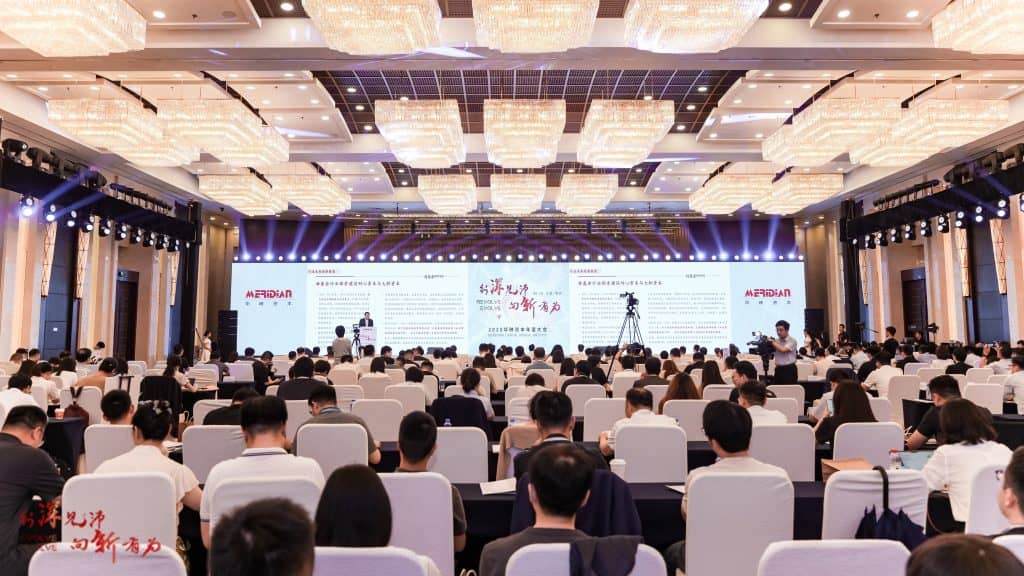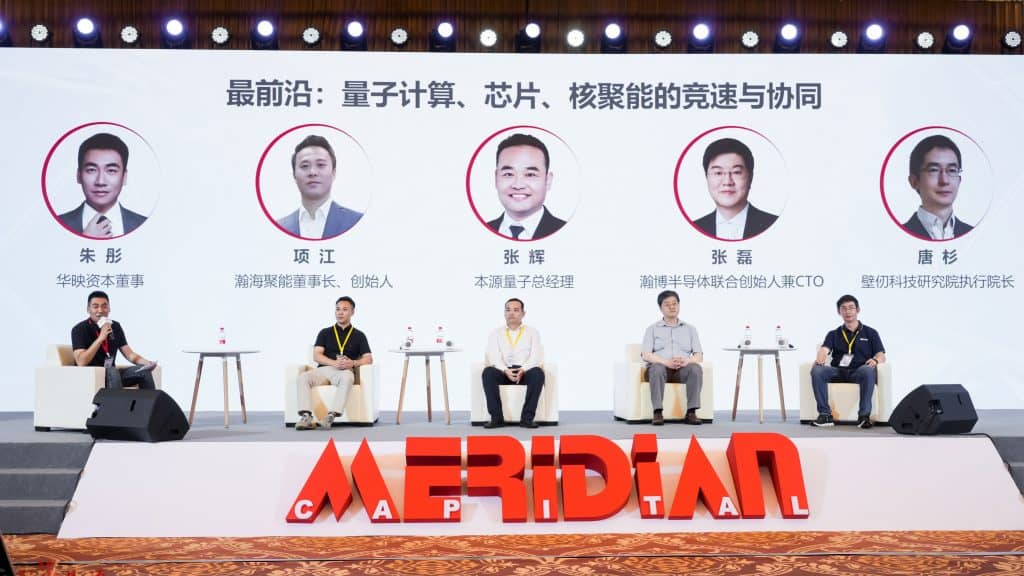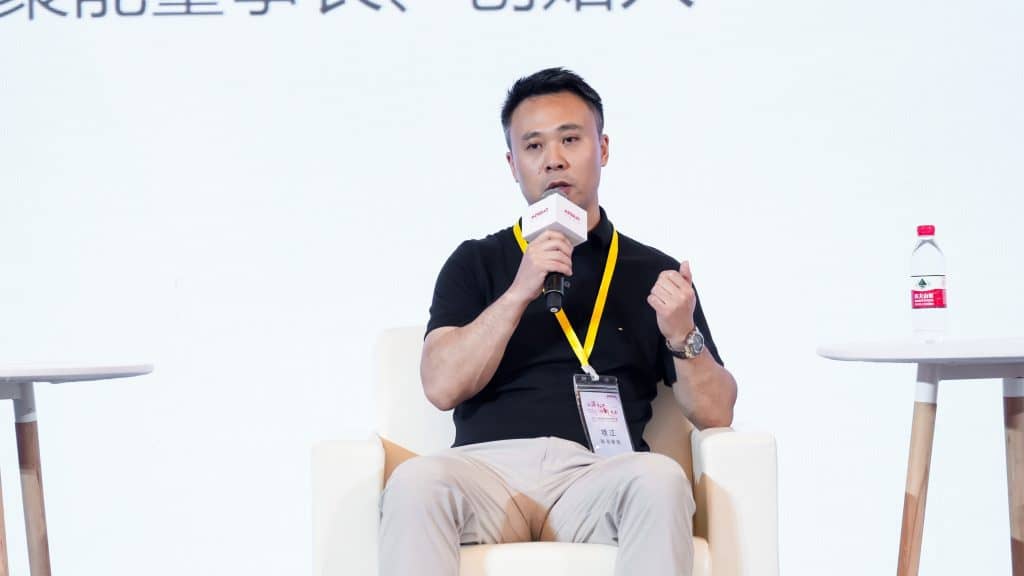On June 28, the 2025 Huaying Capital Annual Conference, themed “Deep Action, Abundant Results; New Direction, New Achievements,” was held in Yangzhou, Jiangsu Province. Partners, investment teams, founders of portfolio companies, and industry guests gathered to engage in in-depth discussions and interactive exchanges on investment directions across fields including artificial intelligence, advanced manufacturing, next-generation information technology, energy transition, materials science, and consumer goods.
HHMAX-ENERGY, a leading commercial nuclear fusion enterprise, was invited to participate. Company Chairman Xiang Jiang joined the “Roundtable Dialogue” session, sharing Hanhai Energy's technological R&D progress and mid-to-long-term plans, which garnered significant attention.

During the roundtable discussion themed “Frontiers: The Race and Synergy in Quantum Computing, Chips, and Nuclear Fusion,” Xiang Jiang, Chairman of HHMAX-ENERGY, shared the company's progress in accelerating nuclear fusion commercialization through the FRC approach, the advantages of this pathway, and how quantum computing is advancing fusion research. Xiang Jiang explained that China's nuclear fusion R&D landscape is flourishing with diverse approaches. On one front, government-led “national teams” focus on large-scale, more mature technologies like traditional tokamaks. On the other hand, private enterprises serve as a valuable complement to the “national team,” demonstrating greater agility in commercialization and concentrating on exploring novel technological pathways. For instance, HHMAX-ENERGY has chosen the Linear Field Reversal Configuration (FRC) technology, aiming to build a “miniature artificial sun” using more compact and flexible devices. Simultaneously, HHMAX-ENERGY innovatively adopts a “laying eggs along the way” development model. Before achieving power generation, the team first leverages neutrons produced during fusion to develop technologies for cancer treatment, neutron imaging, and nuclear waste processing, thereby realizing partial commercial returns in advance. In Xiang Jiang's view, the “artificial sun” is illuminating humanity's future, and mankind is on the verge of achieving energy independence.


In recent years, the deepening application of AI has led to a continuous expansion in energy consumption, sparking widespread discussion. At this conference, energy iteration emerged as a hot topic, with efficient and stable nuclear energy, as well as safer, less resource-dependent controlled nuclear fusion, drawing significant attention. Just this month, NVentures, the venture capital arm of NVIDIA, invested in TerraPower, the nuclear technology company founded by Bill Gates. Coincidentally, PetroChina announced significant news: it will inject 3.275 billion yuan into PetroChina Kunlun Capital to invest in controlled nuclear fusion projects, highlighting the growing interest in nuclear energy and fusion within capital markets.
